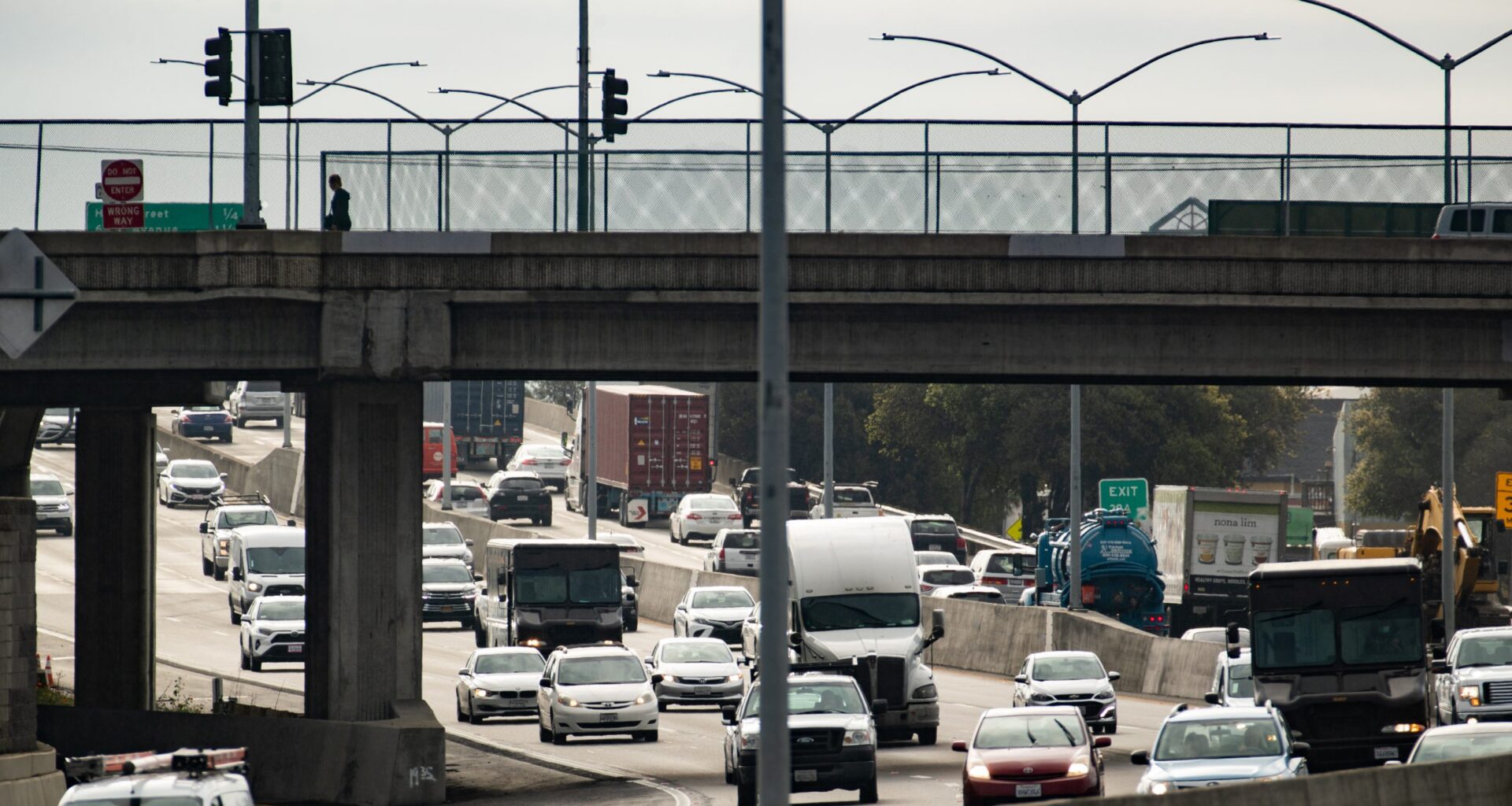Oakland is getting $12.4 million in state money to employ people on parole to work on Caltrans work crews cleaning roadways. Called Golden State Works, Caltrans has spent $43.6 million through the program in Oakland since 2011.
“In Oakland we are always proud to support community members who are trying to get on their feet and give back,” Mayor Barbara Lee said in a press release on Wednesday.
This contract will be administered by Oakland’s Workforce Development Board, which oversees the city’s employment and training programs. Lee has made local employment a key issue in her economic development plan. The city recently reinstated a summer youth employment program, and Lee’s office plans to expand the program to serve 500 participants by 2026.
The implementation of the program will be coordinated by the Center for Employment Opportunities, which has been Oakland’s partner in this work since 2014.
The “[Center’s] accomplishments implementing this program with the City shows a consistent track record of meeting or exceeding all required deliverables and reporting requirements, and the organization maintains strong, positive relationships with Caltrans field supervisors,” Oakland spokesperson Sean Maher told The Oaklandside.
From July 2019 to December 2021, work crews removed over 121,876 bags of debris from Caltrans right of ways, according to the city. The program employed 621 people. The city also reported that 407 participants in the program were placed in permanent, unsubsidized jobs at an average wage of $17.86. In fiscal year 2024-2025, 268 people enrolled in the program, and 81 were eventually placed in permanent jobs.
In testimony before Congress earlier this year, the Center for Employment Opportunities’ executive director and CEO, Sam Schaeffer, outlined some of the hardships that formerly incarcerated people face, including the struggle to pay for food, transportation, and new clothes. Congress tweaked the SNAP nutrition program in 2018 so people enrolled in transitional job programs like the Center’s can also receive food through SNAP. According to Schaeffer, participants in his program have a greater chance of finding long-term employment and are less likely to be re-convicted or arrested for a felony.
Amy Casias, director of the California Department of Corrections and Rehabilitation’s division of rehabilitative programs, said in a statement that the program helps supervised individuals integrate back into their communities.
“This is an important investment in developing employable skills and decreasing recidivism,” Casias said.
“*” indicates required fields

